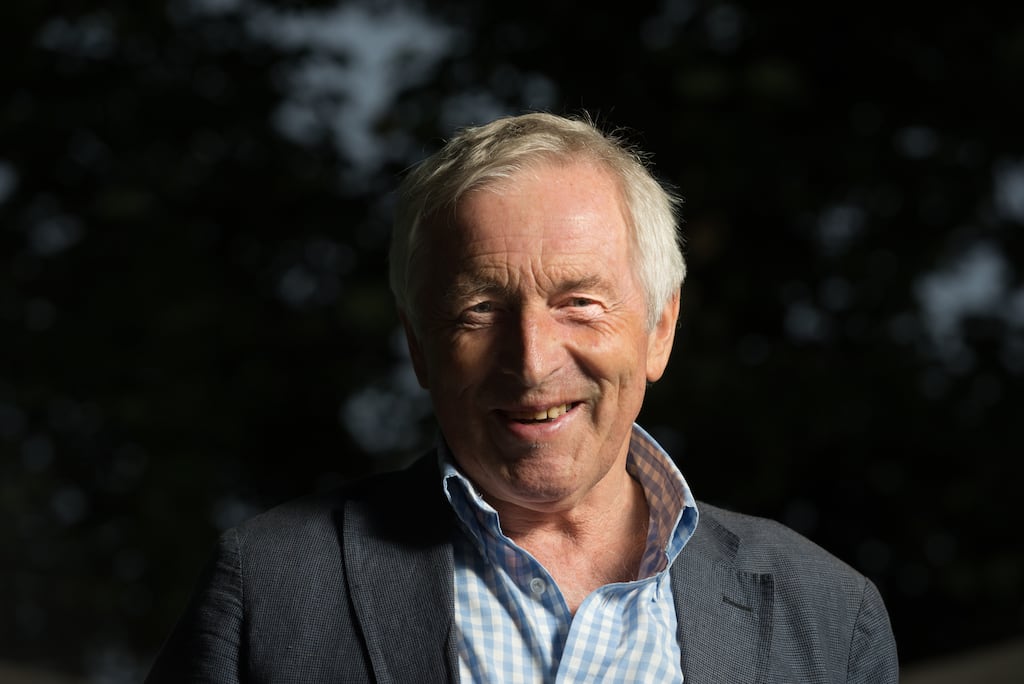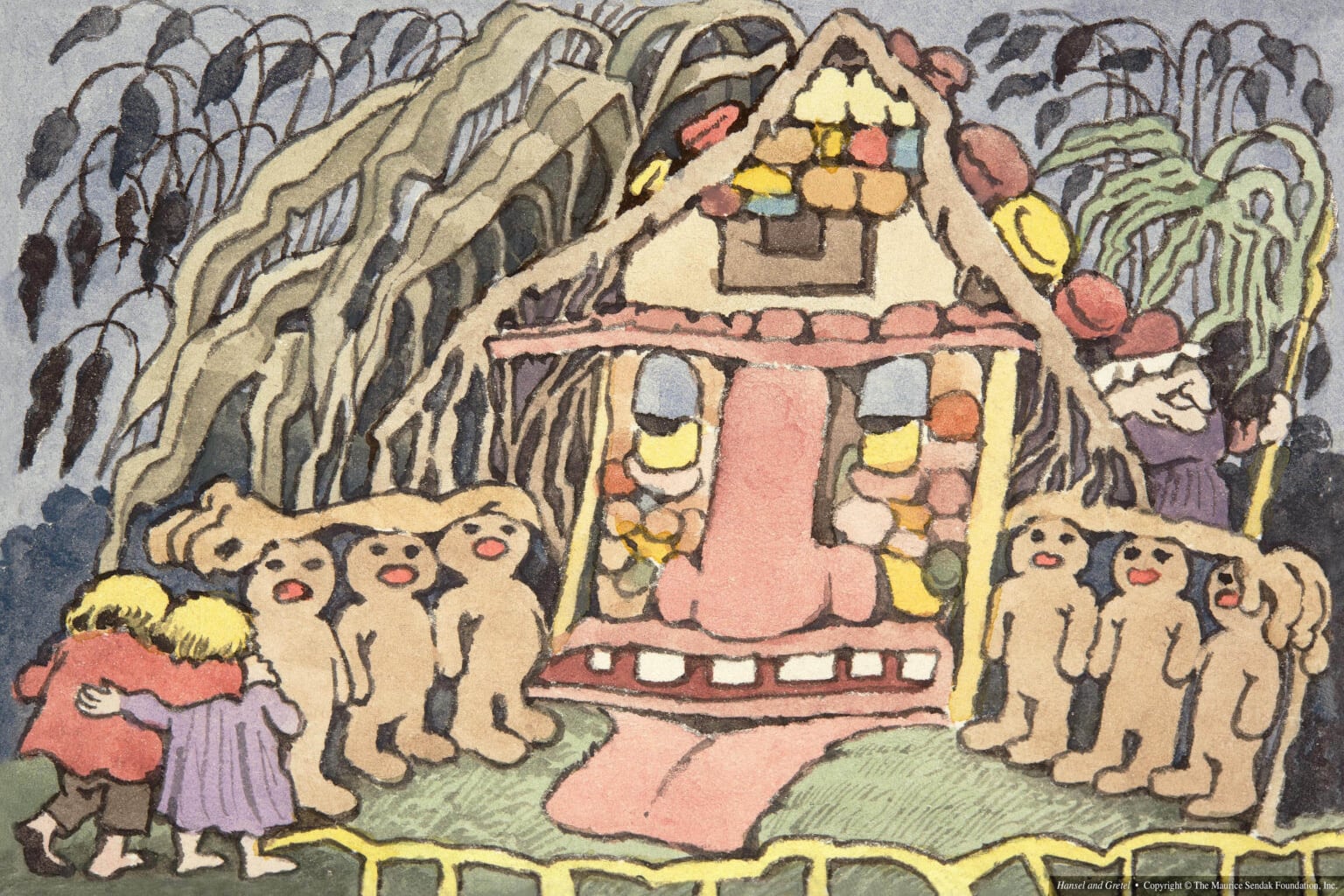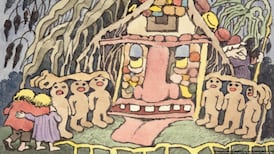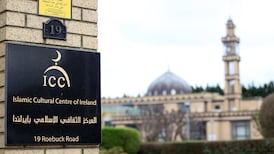This large-format hardback book, with text from television journalist Jonathan Dimbleby and haunting black-and-white photographs from award-winning Don McCullin, was originally released in 1979. The fact that the ‘Palestinian problem’ has only worsened in the intervening 46 years is a sad reflection on the international community’s inability to effect real change.
Dimbleby sets out to give voice to the “people without a land”, meeting the PLO leaders, the lawyers, engineers, consultants, doctors and artists, the young students and the old men who remember the Balfour Declaration in 1917, which effectively paved the way for the creation of a Jewish state in Palestine.
He delves deep into the troubled history of the area, the roots and rise of Zionism, and the part played by Britain’s “imperial arrogance” in creating the problems that still exist today. As one mukhtar (village elder) tells him: “they brought ruin to our land and made us homeless.”
In a new introduction to the 2025 edition, profits from which are to be donated to Unicef, Dimbleby details the events of the decades since the book’s original publication, as hope of a two-state solution, then fresh from 1978’s Camp David Accords, has been broadly swept away. He recounts the first and second Intifada, the decline of the PLO and the subsequent rise of Hamas, and in parallel, the career of Binyamin Netanyahu.
READ MORE

[ Palestinians in Ireland relieved about Gaza deal despite harbouring doubtsOpens in new window ]
Dimbleby decries the Hamas attacks on October 7th, 2023, as “an inexcusable crime against humanity”. While retribution from Israel was inevitable, he argues that no one could have predicted “the scale of punishment that the IDF was about to unleash on the people of Gaza”. He goes on to describe the “human catastrophe” of the past two years and Washington’s conspicuous silence, even in the face of compelling evidence of Israeli war crimes. The Zionist cause, he maintains, has turned into “an unholy alliance between religious zealots and ultra-nationalists”.
“Were the western world not suffused by historic guilt and were Israel not regarded as a vital strategic partner in the Middle East, the prime minister of Israel would already have been widely condemned as a bad actor, hell-bent on destroying Israel’s hard-won status as an oasis of democracy in a desert of despotism,” he argues.
Haunting, harrowing and, most of all, extremely frustrating, Dimbleby’s updated book is a damning indictment of our collective failure to address this ongoing human tragedy.
[ What is the aim of recognising a Palestinian state?Opens in new window ]













